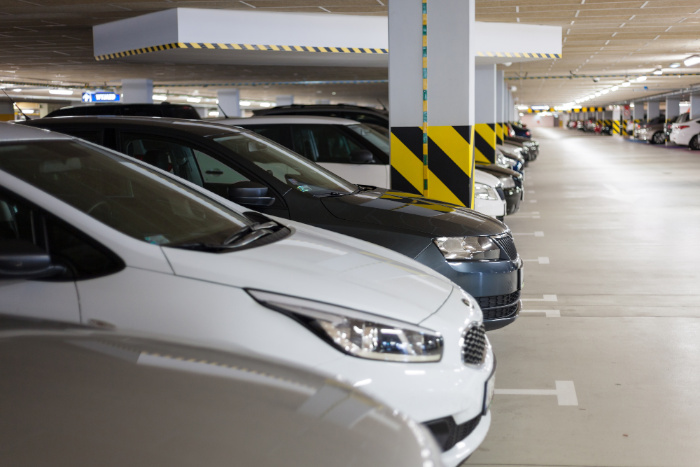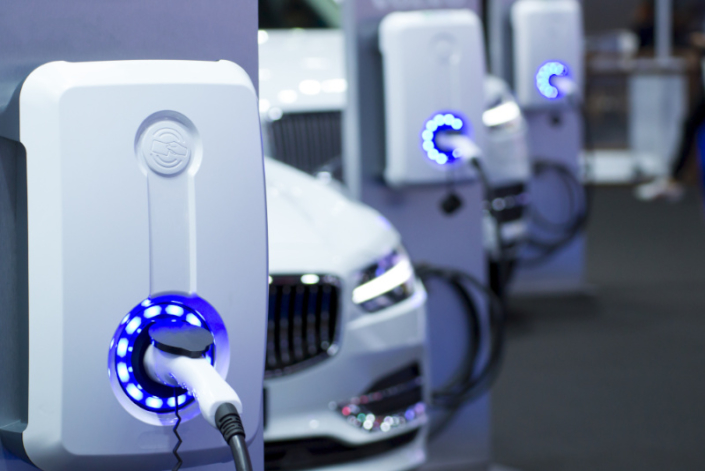EV Charging Installation
An EV charging point is an essential addition to any home or business. Not only does it provide a convenient service to customers, but it can also help reduce emissions and increase energy efficiency. Additionally, having an EV charging station installed can have several other benefits, such as improved public perception of your business and increased customer loyalty. Ultimately, it is important to make sure that the installation is done correctly. In this article we’ll discuss EV Charging Installation. Furthermore, we’ll also explore the basic fundamentals of EV Charging, How it works, and the advantages.
What is EV Charging?
Electric Vehicle (EV) charging is the process of supplying electrical power to an electric vehicle, typically through a wall-mounted charging station connected to a dedicated circuit. EV Charging Installers are qualified professionals who install EV Charging stations according to local guidelines and regulations.
What Does an EV Charging Installation Involve?
An EV Charging installation typically involves the following steps:
1. Evaluating and assessing the electrical panel to determine available power and amperage while meeting safety requirements.
2. Installing a dedicated circuit for EV charging, as well as all necessary wiring.
3. Installing EV Charging equipment, such as the wall mount and the EV charger itself.
4. Setting up EV charging access control systems, if applicable.
How does EV Charging Work?
EV Charging works by connecting an EV charging station to a dedicated circuit, typically using a 240-volt outlet. The amount of power required for the charger depends on factors such as the type and size of the vehicle and the desired charge rate. Once connected, the charging station draws electricity from the grid and transfers it directly to the electric vehicle’s onboard battery.
What are the advantages of Installing an EV Charging Station?
Having an EV Charging point can provide many benefits, such as:
- Convenience for users who need to charge their vehicles.
- Reduced emissions and vehicular pollution.
- Increased energy efficiency and sustainability.
- Improved public perception of your business.
- Increased customer loyalty.
- Cost savings over time.
- Opportunities for businesses to generate revenue by renting out charging points.
- Enhanced safety, as dedicated circuits limit potential overloads and fire risks associated with sharing electrical outlets.
Ultimately, having an EV Charging Station can be a great way to demonstrate your commitment to sustainability while providing a convenient service to your customers. It can also provide cost savings and additional revenue opportunities for businesses.
Can I Install my own EV charging point?
No, it is not recommended that you install your own EV charging point. Installing an EV Charging Station requires specialised training and knowledge of both electrical and automotive systems. Therefore, it is important to hire a qualified professional who has the necessary experience and qualifications.
Overall, installing an EV charging station can have several benefits for businesses, from increased convenience for customers to improved public perception. However, it is important to make sure that the installation is done correctly and safely by a qualified professional.
If you are interested in installing an EV Charging Station, contact a qualified installer today. They can help you evaluate your needs and develop a plan for successful installation.
What are the different types of EV Chargers?
EV Chargers come in a variety of shapes and sizes, each offering different charging speeds. Generally, EV Chargers are classified according to the power output they provide, as measured in kilowatts (kW). The most common types of EV Chargers include:
Level 1 – 120-volt outlet; 6–8 hours for full charge.
Level 2 – 240-volt outlet; 3–4 hours for full charge.
DC Fast Charge – 480-volt outlet; 30 minutes to 1 hour for full charge.
Level 3 – 800-volt outlet; 15–20 minutes for full charge.
The type of charger you need will depend on the type and size of your vehicle, as well as your desired charge rate. A qualified installer can help you evaluate your needs and determine which type of charger is best for you.
Tethered & Untethered charging point
A tethered charging point is a type of EV Charger that has an attached charge cable, making it more convenient for users to plug in their vehicles. An untethered charger does not have a charge cable and requires the user to provide their own.
Both types of chargers are capable of providing the same level of power, and the choice between them is purely a matter of convenience.
Conclusion
EV charging installation is a complex process that requires knowledge of local electrical guidelines and regulations, as well as expertise in the installation of EV Charging equipment. A qualified installer can ensure that your EV Charging station is installed correctly and safely, while maximising the benefits of having an EV charging station on your property.
If you are considering installing an EV Charging station at your business, it is important to hire a qualified professional installer who has experience in this field. Such an installer can help you get the most out of your EV Charging station while ensuring that it is installed properly and safely.
If you have any further questions, please do not hesitate to contact us. We are here to help and answer any of your questions about EV Charging installation.
For Further Articles Follow The Links Below.
Electrical Companies In London





Share this entry